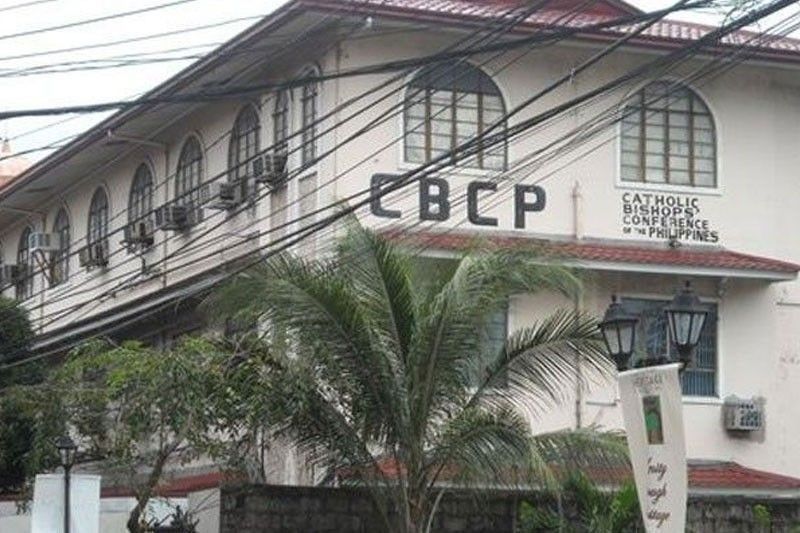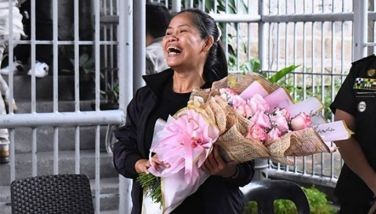CBCP head: Vatican document on same-sex couple blessing doesn't need further explanation

MANILA, Philippines — Catholic Bishops Conference of the Philippines (CBCP) president and Archdiocese of Kalookan Bishop Pablo Virgilio David said that the Vatican document which allows the blessing of same-sex couples “speaks for itself.”
David issued the statement days after the Holy See issued a document titled “Fiducia Supplicans” that authorized the clergy to bless same-sex couples as long as it was not in the context of marriage or civil union.
“The document speaks for itself, and therefore does not require much explanation,” David wrote in a CBCP statement on Wednesday.
“In fact, in paragraph 41, it says, ‘What has been said in this Declaration regarding the blessings of same-sex couples is sufficient to guide the prudent and fatherly discernment of ordained ministers in this regard. Thus, beyond the guidance provided above, no further responses should be expected about possible ways to regulate details or practicalities regarding blessings of this type,’” he added, citing paragraph 41 of the Vatican document.
A blessing, generally carried out by the members of the clergy, consists of invoking God's benevolence on a person.
The document, which was published by the Dicastery for the Doctrine of Faith and approved by Pope Francis, received criticisms from conservative Catholics who said that the document was “scandalous” in nature.
This prompted some bishops to issue “guidelines” on their ecclesiastical jurisdictions to avoid confusion among the faithful.
Before the CBCP, two bishops, namely Archbishop Socrates Villegas from the Archdiocese of Lingayen-Dagupan and Archbishop Ricardo Baccay of the Diocese of Tuguegarao earlier issued “guidelines” in their respective dioceses about the Vatican document.
According to Villegas’ guidelines, the blessings for same-sex couples and those in “irregular situations” are blessings of mercy “to have pity on both of them and to give them the grace of conversion so that they can regularize their relationships.”
“In other words, asking for mercy is asking for pity and remedy,” Villegas said in his advisory.
The former CBCP president also advised the priests in his diocese to “choose the appropriate words to reveal this intent of the Church.”
Baccay, on the other hand, emphasized in his guidelines that the Vatican document “recognizes that persons in problematic and difficult situations” may ask to be blessed.
The persons in “problematic and difficult situations” he was referring to include divorced couples, persons living as spouses without the benefit of marriage, same-sex couples, convicts, and persons detained on charges of serious crime.
“To refuse them a blessing when they sincerely ask for it would be arrogance and insensitivity that are alien to the Gospel,” the Tuguegarao bishop said in his guidelines.
Baccay provided detailed instructions, addressing aspects such as whether the blessing should be conducted publicly or privately emphasizing "God's mercy, compassion, love, and care" during the blessing.
He also mentioned that the blessings should not take place within the framework of a Mass or any liturgical event.
“When it appears that the supplicant or supplicants have assembled an ‘audience’ or a ‘congregation’ to witness their reception of the blessing, the blessing is to be withheld,’” Baccay said.
The Vatican document emphasized that it would not change the stance of the Catholic Church towards marriage which is exclusive between a man and a woman intended for procreation.
"This blessing should never be imparted in concurrence with the ceremonies of a civil union, and not even in connection with them," the document said. — with reports from Agence France-Presse
- Latest
- Trending

































